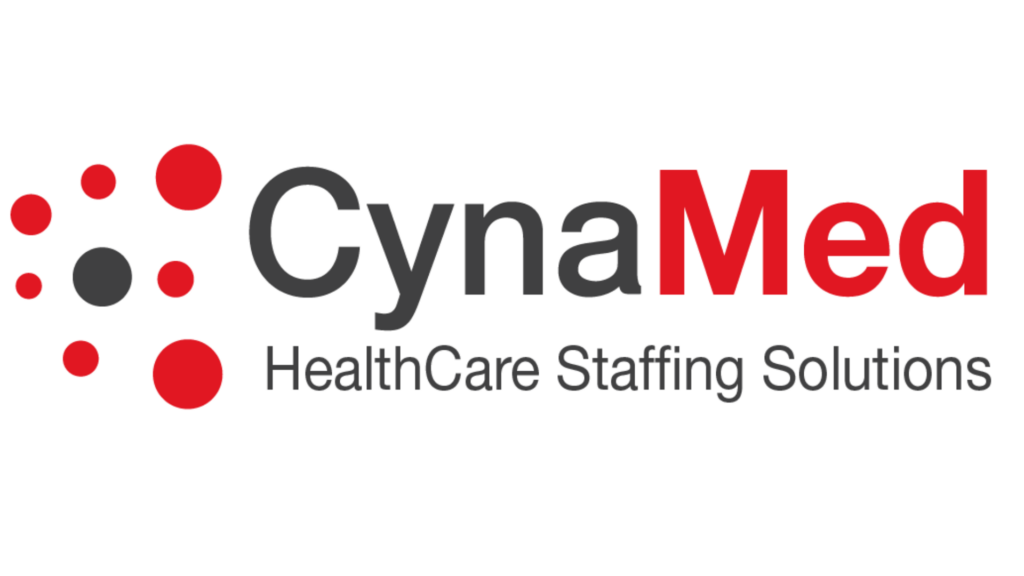Every healthcare worker is extremely valuable, and medication technicians are no different. Med techs work on the front lines, often serving as a liaison between patients, nurses, and doctors. A Med tech, also referred to as a nursing aide, works closely with both staff and patients. There are specialties for Med Techs in an array of fields, which require specific skills such as a good bedside manner; an ability to keep meticulous records; organizational skills; and compassion to help people who are ill, injured, or elderly.
What Is a Medication Technician?
A Med Tech (MT) is a professional healthcare worker who is responsible for providing and administering non-injectable prescription medications to patients. Furthermore, Med Techs work under a registered nurse or other medical staff to prepare, distribute, and deliver medications to patients.
The requirements to become a Med Tech vary by state and environment; some states require one to be registered as a nurses aide or certified nursing assistant (CNA). However, for some jobs, such as those in personal care/assisted living facilities, training to become a Med Tech can be completed in a fairly short time—from a few days to a few weeks. Also, the specific duties of a Med Tech vary slightly depending on the facility in which they work.
Personal Care/Assisted Living Specialty
Med Techs who work in personal care/assisted living jobs have the duty of delivering medications and enriching the lives of people under their care. MTs significantly impact those they care for, making it a great job for compassionate people who love to help. Working in personal care can be emotionally rewarding; many will love knowing that they are making the lives of seniors happier and more comfortable.
To work in an assisted living facility, most jobs typically require training, which can take a few short weeks. Jobs in personal care are a great first step and a wonderful opportunity for growth in the world of healthcare.
For example, the duties for an MT in an assisted living/personal care facility may include:
- Delivering the proper medications at the correct times to the right person.
- Assisting or administering medications or treatments to residents—and assuring that the medication has been ingested or applied as directed by a doctor.
- Keeping clear, confidential records.
- Assisting residents in their daily living activities, such as hygiene (shaving, grooming, etc.), dressing, bathing, restroom assistance, serving meals, and activities.
- Transporting residents in and out of bed, to the bathroom, into wheelchairs, etc. with the proper safety and lifting techniques.
- Performing regular safety and wellness checks on residents.
Hospital Specialty
Working in a hospital, a Med Tech can expect a fast-paced setting with varied tasks that may differ from day-to-day. Likewise, most hospital or medical facility jobs will require certification credentials. Shifts are usually longer for those working in a hospital, but the setting provides a wide array of clinical experience and an opportunity for further training in healthcare. To sum up, this is an excellent specialty for compassionate, detail-oriented people, and those eager to learn about hospital settings.
For example, the duties in a hospital specialty may include:
- Delivering, administering, and charting medications and treatments to the correct residents at the proper dosages and times.
- Observing vital signs and reporting any abnormalities or changes in a patient’s condition to nurses.
- Ensuring timely, accurate medication orders and refills.
- Charting changes, medications, and vitals in a clear, concise manner.
- Working and communicating closely with many other members of the healthcare staff.
Pharmacy Specialty
A pharmacy specialty Med Tech often requires one to be certified in the specialty, though most certification programs take as little as six months to complete. In a pharmacy setting, Medication Techs typically will work under a pharmacist. To sum up, this specialty offers more flexible shifts and is excellent for those with strong attention to detail, analytical skills, critical thinking skills, and strong organization skills.
For example, the duties in a pharmacy setting include:
- Preparing, packing, and placing prescription orders following the doctor’s instructions.
- Reading prescription orders, screening for errors and completeness.
- Preparing prescriptions by counting, weighing, measuring, pouring, and/or mixing medications.
- Labeling and recording proper dosage information.
- Maintaining patient records.
The healthcare industry is a rewarding career path to take, offering a multitude of opportunities for growth and competitive wages—as the demand for medical professionals, including Med Techs, is in high demand. If you’re on the hunt for a new Med Tech job in your area, get in touch with us here at CynaMed today. We work to help today’s healthcare workers find the best positions for their lifestyle and schedule.






